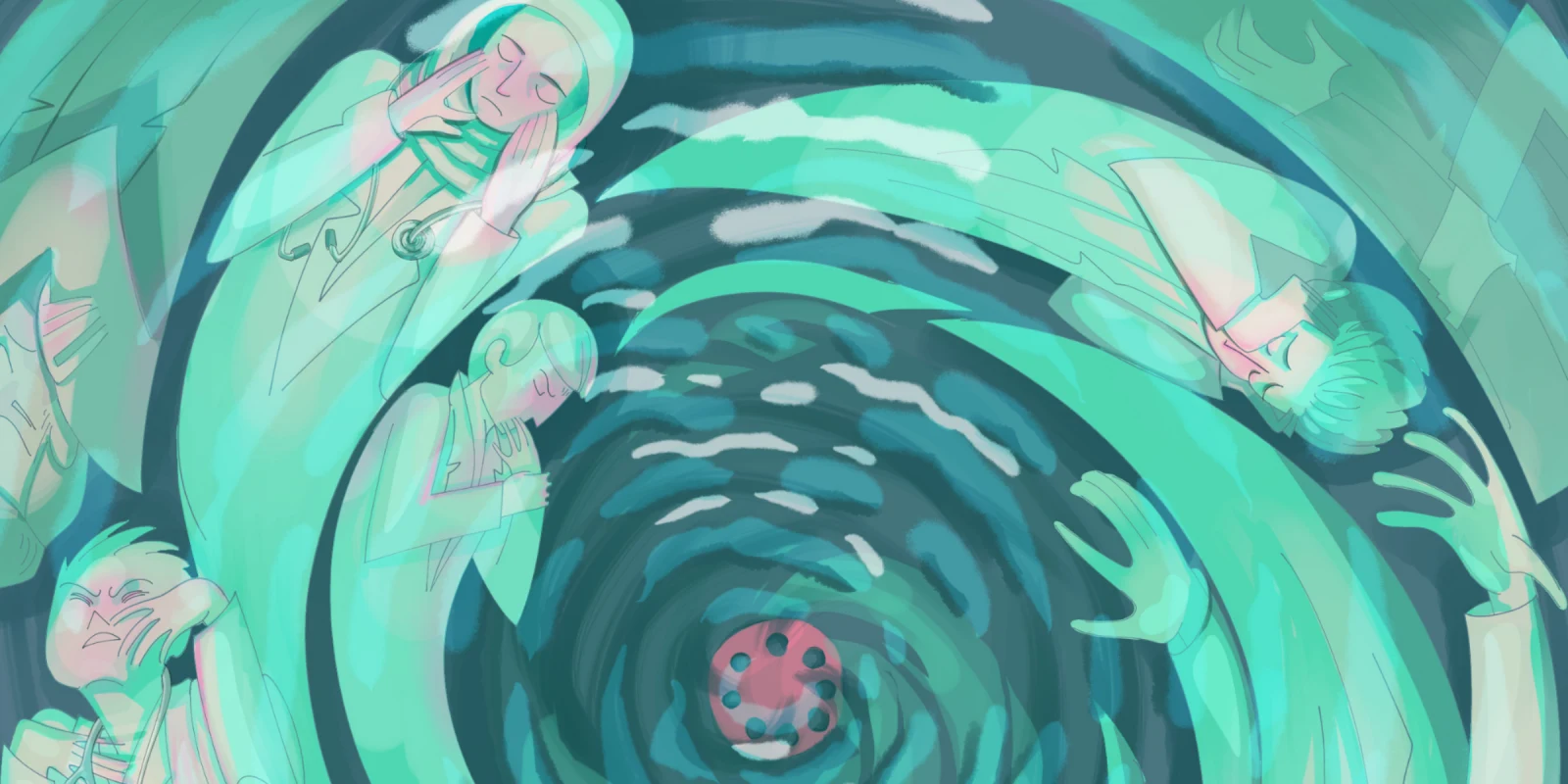Our second virtual AATS meeting is behind us, and while all of us hope the pandemic that prompted our meetings to go virtual soon becomes a bad memory. Next year, when we can resume our gatherings, a few of the changes forced upon us by COVID-19 should be welcomed and hopefully long-lasting.
For instance, we hope our virtual presence will become a permanent feature of future meetings, our ability to choose to attend in-person or virtually would be of immeasurable value. As technology continues to improve, virtual participation in workshops, ask the expert sessions, or even on the social agenda are conceivable.
More importantly, the pandemic forced us to briefly stop and think about our coping mechanisms and discuss our feelings. The propensity to discuss our emotions is not something a thoracic surgeon has ever been accused of, but it is a welcomed change.
The positive result? We had an entire session of the 101st dedicated to the topic of “Wellness.” Not the patient’s wellness but ours, the surgeon’s wellness. A novel concept!
Our emotional response to the pandemic has left thoracic surgeons with a five-fold higher risk of burnout, four times higher risk of fatigue, twice higher risk of suicidal ideation, and three times higher risk of poor overall quality of life. Our pre-wired personality traits as a workaholic, lone ranger, and superhero with perfectionist traits may have a lot to do with it.
We find it difficult to ask for help, to see mistakes as learning opportunities, to delegate, and to prioritize self-care.
When compared to colleagues on the diagnostic side of medicine, we are more likely to have health and psychosocial factors affecting our capacity. And while we may have a more developed self-regulatory ability we have a less developed sense of empathy and may be subject to emotional flooding.
The Wellness Survey touched on the topic of burnout, as defined by emotional exhaustion, cynicism, depersonalization, and a lower sense of personal accomplishment. We must understand that burnout is a real thing, but most importantly, we are not alone. Burnout affects about half of the surgeons in the country.
To learn that nearly half of the AATS members answering the Wellness Survey dread going to work, are exhausted physically and emotionally, and that 69% of us feel that our work has affected our relations with family and friends, must be in a way liberating for those that felt guilty or despair about having these same feelings. At least now we are talking about it. It is something that we, as a society, need to keep working hard to improve.
But there is also plenty of hope. A large majority of us (89%) still derive a sense of meaning from the work we do, and 77% of us would do it all over again. That alone should give us solace.
The silver lining of the pandemic should be that 2020 gave us pause and made us realize that perhaps we should take care of ourselves as much as we take care of others. We should embrace and welcome some of the changes the pandemic forced onto our Society and look forward to an evolving agenda on the topic of surgeon wellness.
Illustration by April Brust







